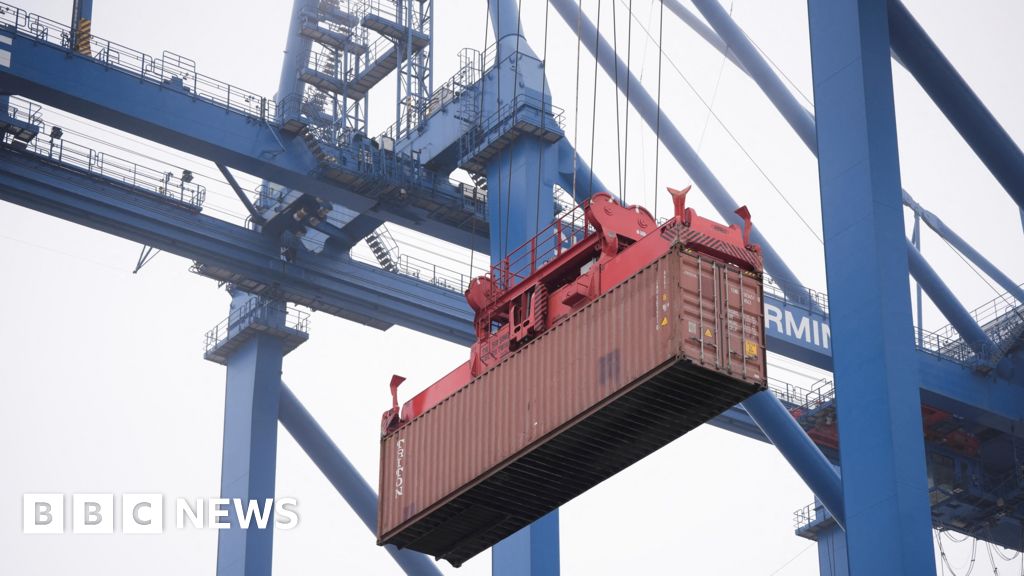ARTICLE AD BOX
 Image source, Reuters
Image source, Reuters
By Sam Gruet
Business reporter, BBC News
Online fashion giant Asos is closing its warehouse in Lichfield, Staffordshire, as it struggles to stem falling profits.
The firm said it expected sales would continue to fall by as much as 15% in the year ahead.
The closure of the Lichfield warehouse, which only opened two years ago, could cost "several hundred jobs", Asos said.
It blamed too much stock, made worse by "poor operating practices" for eating away at profits.
Asos, which only operates online, said clearing old stock and an "obsession with speed" would develop its competitive advantage going forward.
It said it did not anticipate a return to profit until 2025.
The fast fashion company was seen as a poster-child in the shift to online shopping and boomed during the pandemic as shoppers spent their cash online.
In 2021 Asos bought brands Topshop, Topman, Miss Selfridge and activewear label HIIT from the Arcadia group after it fell into administration.
But with people returning to High Streets and a cost of living crisis, customers had less to spend and the company's profits took a hit.
On Wednesday it announced a £300m loss before tax, in the year to the beginning of September.
Asos has been on a mission to reduce its stock and costs and improve its profits since new chief executive, José Antonio Ramos Calamonte, took over in June 2022.
Over the last year, the company said it had decreased stock levels by around 30% and plans another 16% cut in stocks over the next financial year.
It was "in this context" Asos announced it was mothballing its warehouse in Lichfield - meaning it won't immediately be sold, but will not be used.
It said doing this would provide an annual cost saving of £20m and give the brand "flexibility" to either sell the facility or re-open it, depending on whether it needed the space.
The warehouse opened in Lichfield, Staffordshire two years ago, promising 2,000 new jobs.
At the time, Asos said it expected 30 million units to be shipped from it in its first year and up to 4.5 million units every week once fully operational.
Inside the nearby Asos warehouse in Barnsley
Reflecting on its finances, the chief executive blamed doubling stock levels and the resulting discounts between 2018 and 2022, for eating away at profits.
Speaking to reporters, Jose Antonio Antomos Calamonte, said a few hundred people currently work at the site, but they weren't directly employed by Asos.
He said it was working to make sure as many people as possible were relocated, adding it "doesn't mean that a few hundred people will lose their jobs immediately".
The firm has a nearby warehouse in Barnsley which services the UK and the more-than-200 countries it sells to worldwide.
In a statement to the BBC, Asos acknowledged the move was "disappointing for the local community and the colleagues employed at the site", but said it was committed to managing this process in the best interests of all stakeholders".
Despite a slump for one fashion giant, British clothing retailer Next reported a boost to its sales.
The group, which trades from about 460 stores in the UK and Ireland and has an online presence in over 70 countries, is often thought of a weathervane for how British consumers are faring.
It was the weather that boosted its fortunes.
A chillier than average August and cold autumn led to full price sales rising 4% in the quarter to October, the company said.
Despite store sales falling by 0.6%, Next benefitted from a 6.5% boost in online sales.
Its shares were up 2.6% in early trading, extending 2023 gains to 21.4%.

 1 year ago
20
1 year ago
20








 English (US)
English (US)